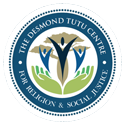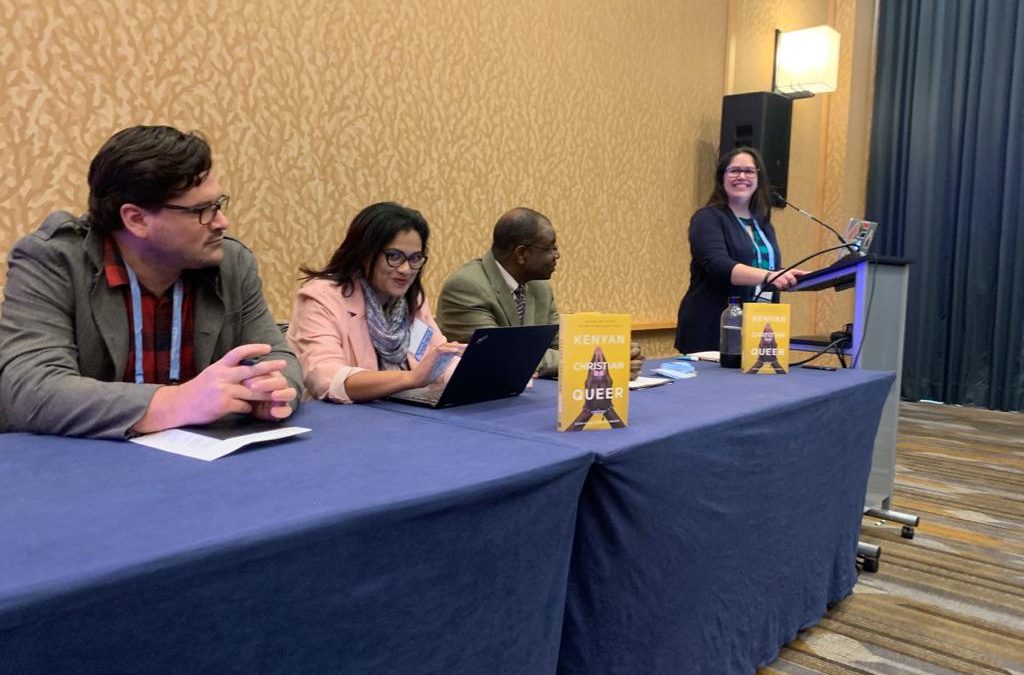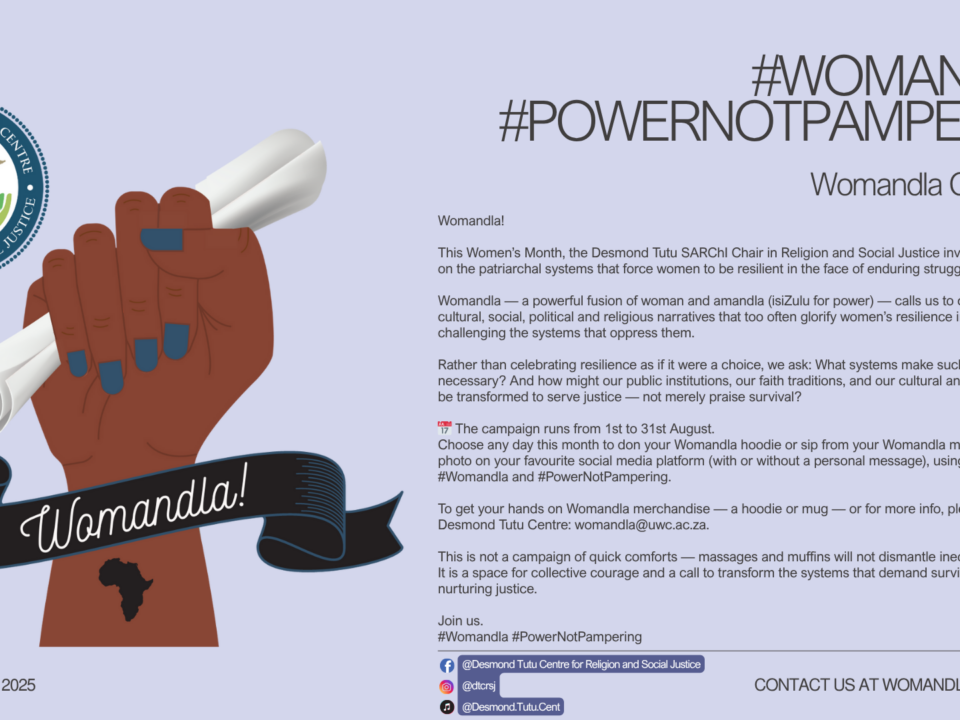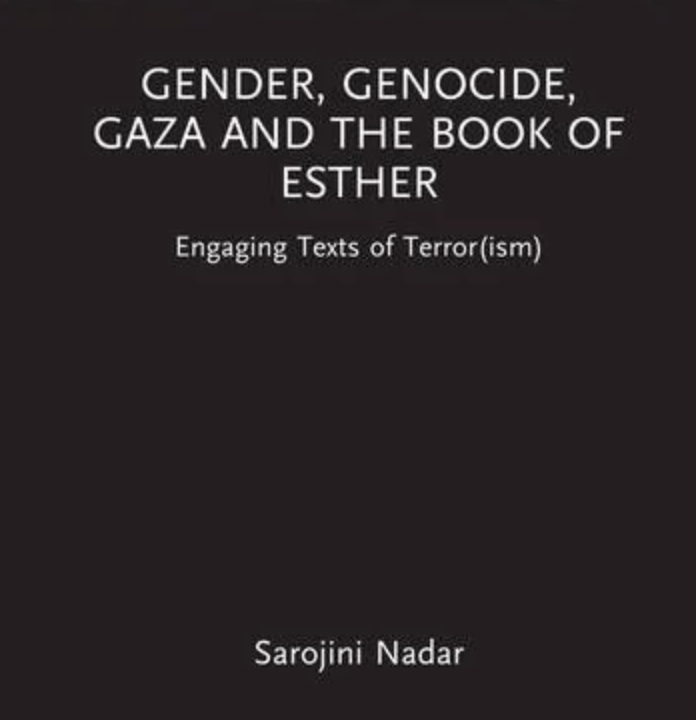
#MeToo Tweets the Pastor
30/10/2019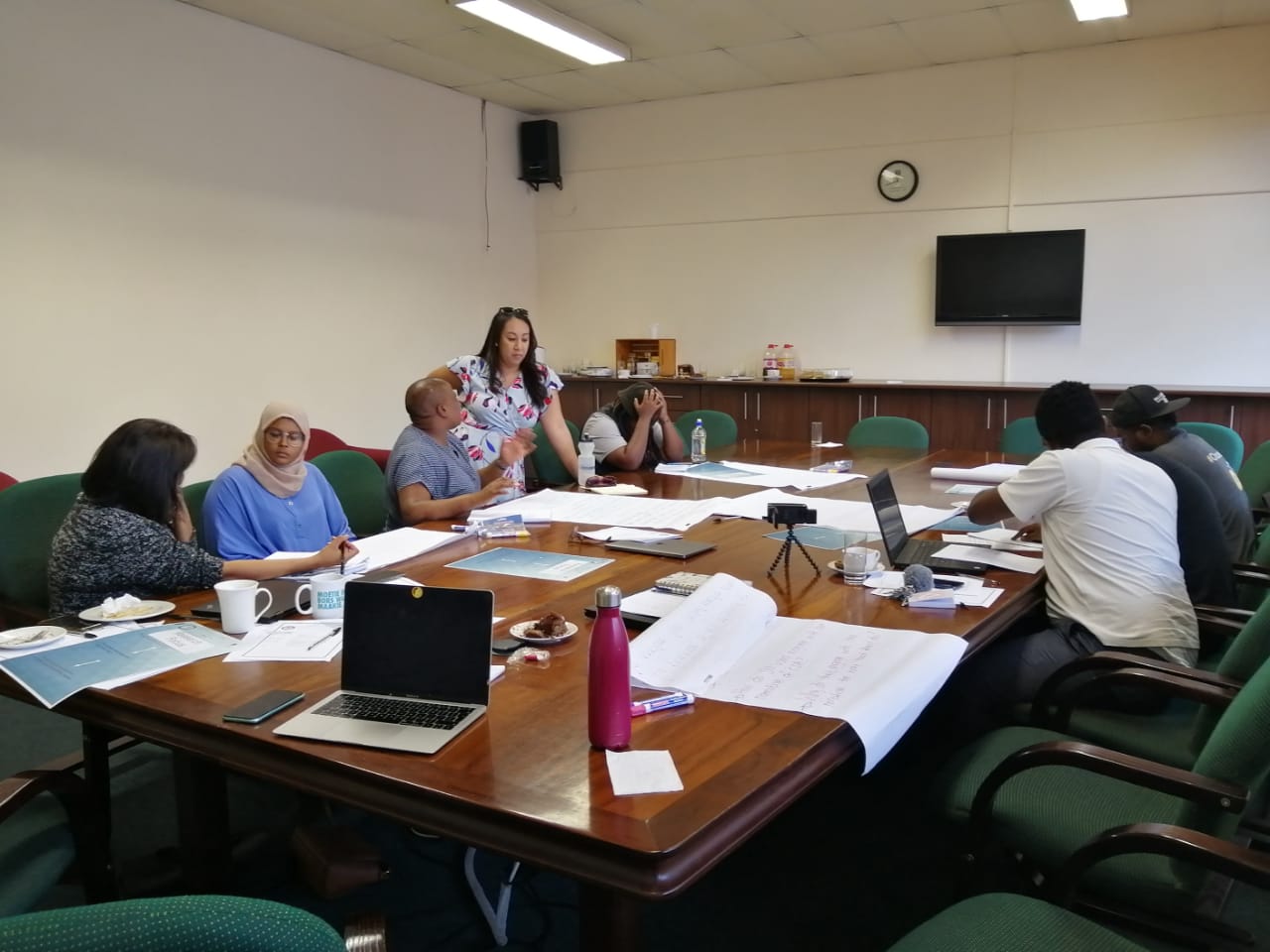
Religion and Theology Reading Group
04/07/2020American Academy of Religions 2019
From the 23rd to 26th of November 2019, Prof Nadar and Dr Scharnick-Udemans attended the 2019 Annual Conference of the American Academy of Religion (AAR) in San Diego.
Over 9,000 scholars of religion and theology from all over the world are members of the AAR and more than 5,000 attend each annual conference. As a participant in the African Religions panel, Dr Scharnick-Udemans presented a paper entitled, “The State of Religion in South Africa: Negotiating Diversity and Deviance.”
The paper discussed how between discourses of diversity and deviance, the contours and boundaries of religious freedom, religious diversity, and religious normativity can be mapped and interrogated. Professor Nadar was invited, as one of a range of experts in the field, to comment on two new books that were being launched at the AAR. The first was a book on gender, sexuality and religion, called “Kenyan, Christian, Queer: Religion, LGBT Activism and Arts of Resistance” by Professor Adriaan Van Klinken. Her response will be published as part of a roundtable in honour of this book, in the ISI accredited journal, Religious Studies Review.
The second book panel for which Prof Nadar provided a response was “Solidarity and Defiant Spirituality: Africana Lessons on Religion, Racism and Ending Gender-based Violence” by Professor Traci West. This presentation was particularly significant in that it served as one of many inspirations for the proposal of a named annual lecture in honour of Jesse Hess, a 19-year-old Theology student at UWC, who was raped and murdered in September 2019.
American Academy of Religion 2018
Prof Nadar co-presented a paper with Dr Fatima Seedat (UCT) on Teaching About Islam, Gender, and Women AAR Panel Session, “Between Boundaries: Holding a Space between Quran and Bible in a Feminist Classroom”.
Abstract
The purpose of this paper is to theorise the teaching and learning of feminist approaches to Bible and Qur’an in a Masters course, with a historically Christian focus, within a South African higher education context. The paper draws on a critical review of an assessment task of students, as well as our pedagogical experiences to consider how students made meaning of the space created for conversation on different feminist approaches to the two sacred texts. When viewed through de- colonial feminist pedagogical thought, our analysis reveals that our job as teachers was to hold onto the tension in the space between the feminist approaches to the sacred texts, and not to succumb to the pressure to release, trivialise nor exacerbate that tension. The students’ essays then reveal much creativity in how they engage the feminist approaches to the two texts with varying degrees of “inflation and conflation of the spaces” between them. The reflections in the paper challenge and extend the dominant literature on Christian-Muslim hermeneutics in two ways: through a focus on the pedagogical aspects of the encounter between the two sacred texts in a university feminist space; and through an emphasis on the intellectual insight drawn from the encounter as conversation and as a ‘becoming’, rather than the encounter providing a utilitarian response to a perceived crisis.
